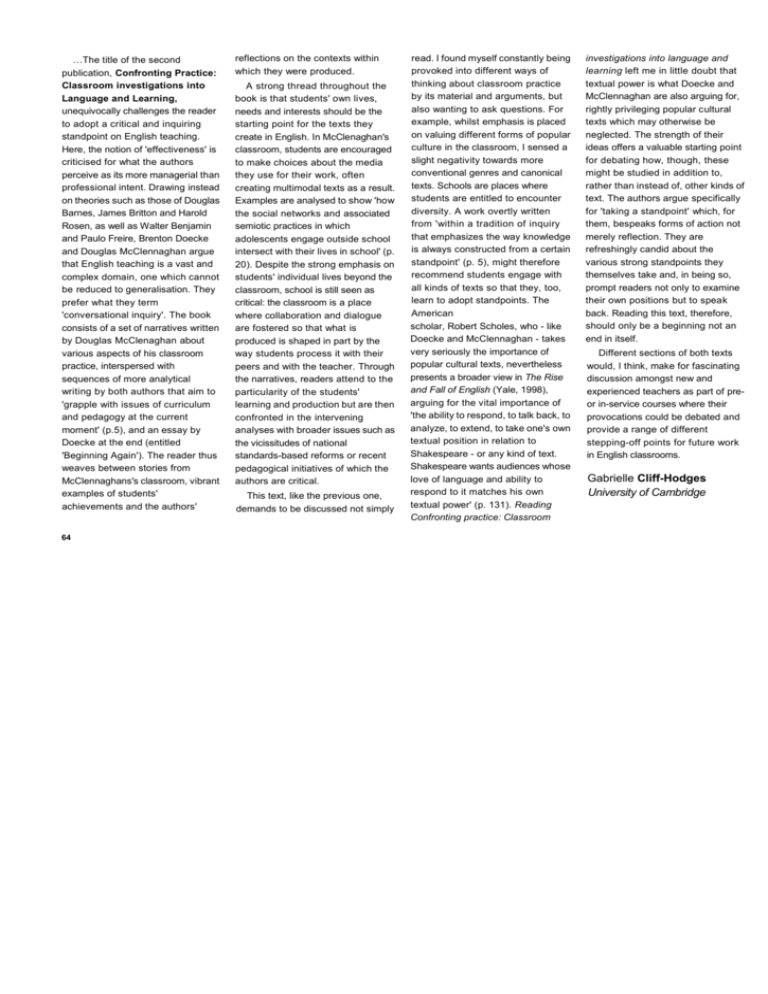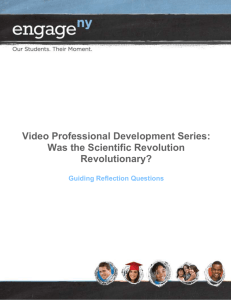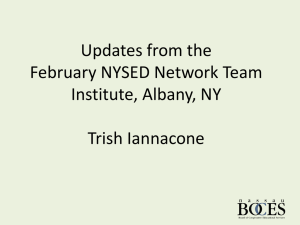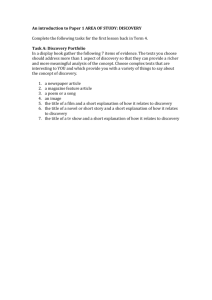Confronting Practice review
advertisement

…The title of the second publication, Confronting Practice: Classroom investigations into Language and Learning, unequivocally challenges the reader to adopt a critical and inquiring standpoint on English teaching. Here, the notion of 'effectiveness' is criticised for what the authors perceive as its more managerial than professional intent. Drawing instead on theories such as those of Douglas Barnes, James Britton and Harold Rosen, as well as Walter Benjamin and Paulo Freire, Brenton Doecke and Douglas McClennaghan argue that English teaching is a vast and complex domain, one which cannot be reduced to generalisation. They prefer what they term 'conversational inquiry'. The book consists of a set of narratives written by Douglas McClenaghan about various aspects of his classroom practice, interspersed with sequences of more analytical writing by both authors that aim to 'grapple with issues of curriculum and pedagogy at the current moment' (p.5), and an essay by Doecke at the end (entitled 'Beginning Again'). The reader thus weaves between stories from McClennaghans's classroom, vibrant examples of students' achievements and the authors' 64 reflections on the contexts within which they were produced. A strong thread throughout the book is that students' own lives, needs and interests should be the starting point for the texts they create in English. In McClenaghan's classroom, students are encouraged to make choices about the media they use for their work, often creating multimodal texts as a result. Examples are analysed to show 'how the social networks and associated semiotic practices in which adolescents engage outside school intersect with their lives in school' (p. 20). Despite the strong emphasis on students' individual lives beyond the classroom, school is still seen as critical: the classroom is a place where collaboration and dialogue are fostered so that what is produced is shaped in part by the way students process it with their peers and with the teacher. Through the narratives, readers attend to the particularity of the students' learning and production but are then confronted in the intervening analyses with broader issues such as the vicissitudes of national standards-based reforms or recent pedagogical initiatives of which the authors are critical. This text, like the previous one, demands to be discussed not simply read. I found myself constantly being provoked into different ways of thinking about classroom practice by its material and arguments, but also wanting to ask questions. For example, whilst emphasis is placed on valuing different forms of popular culture in the classroom, I sensed a slight negativity towards more conventional genres and canonical texts. Schools are places where students are entitled to encounter diversity. A work overtly written from 'within a tradition of inquiry that emphasizes the way knowledge is always constructed from a certain standpoint' (p. 5), might therefore recommend students engage with all kinds of texts so that they, too, learn to adopt standpoints. The American scholar, Robert Scholes, who - like Doecke and McClennaghan - takes very seriously the importance of popular cultural texts, nevertheless presents a broader view in The Rise and Fall of English (Yale, 1998), arguing for the vital importance of 'the ability to respond, to talk back, to analyze, to extend, to take one's own textual position in relation to Shakespeare - or any kind of text. Shakespeare wants audiences whose love of language and ability to respond to it matches his own textual power' (p. 131). Reading Confronting practice: Classroom investigations into language and learning left me in little doubt that textual power is what Doecke and McClennaghan are also arguing for, rightly privileging popular cultural texts which may otherwise be neglected. The strength of their ideas offers a valuable starting point for debating how, though, these might be studied in addition to, rather than instead of, other kinds of text. The authors argue specifically for 'taking a standpoint' which, for them, bespeaks forms of action not merely reflection. They are refreshingly candid about the various strong standpoints they themselves take and, in being so, prompt readers not only to examine their own positions but to speak back. Reading this text, therefore, should only be a beginning not an end in itself. Different sections of both texts would, I think, make for fascinating discussion amongst new and experienced teachers as part of preor in-service courses where their provocations could be debated and provide a range of different stepping-off points for future work in English classrooms. Gabrielle Cliff-Hodges University of Cambridge









